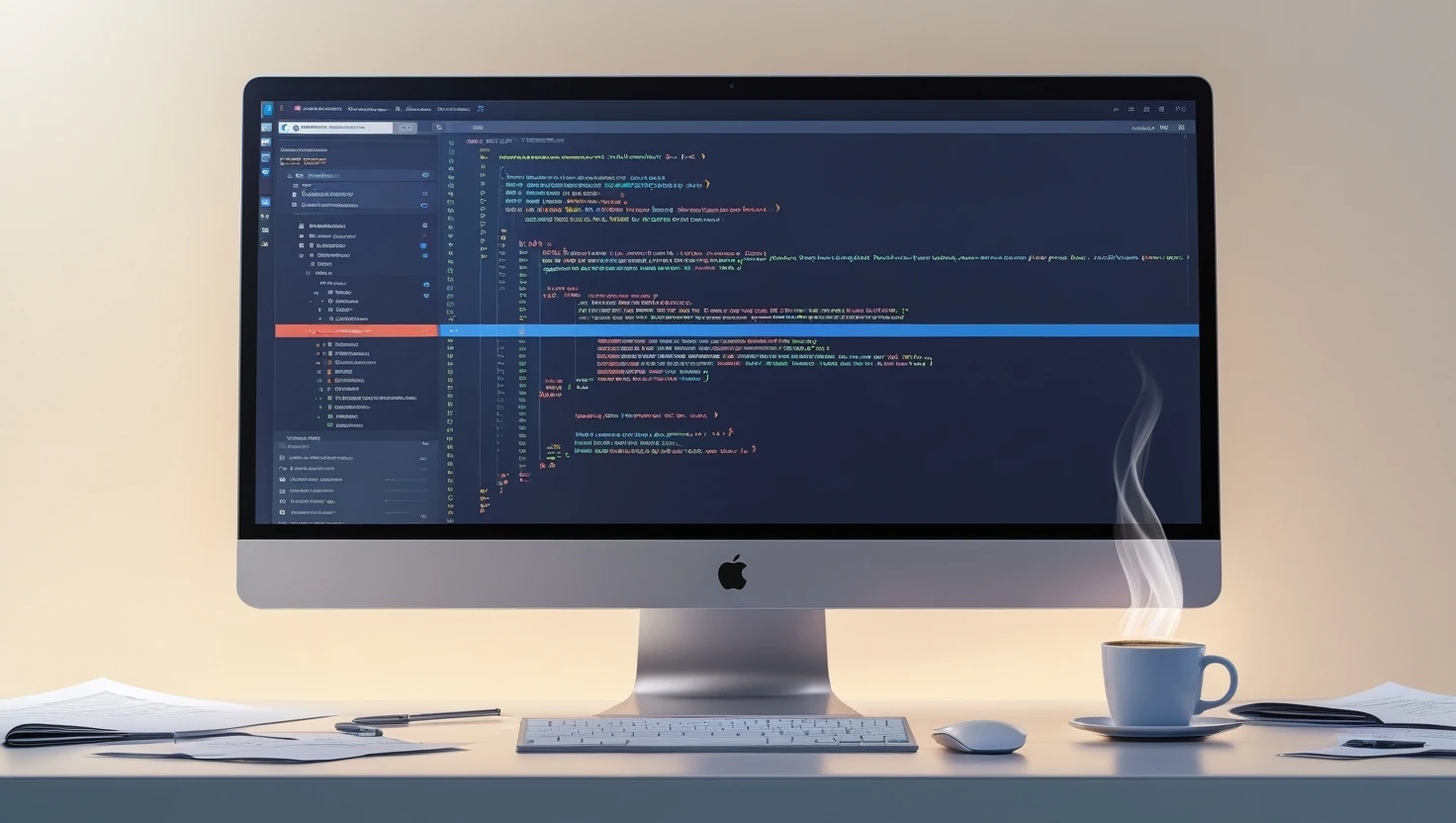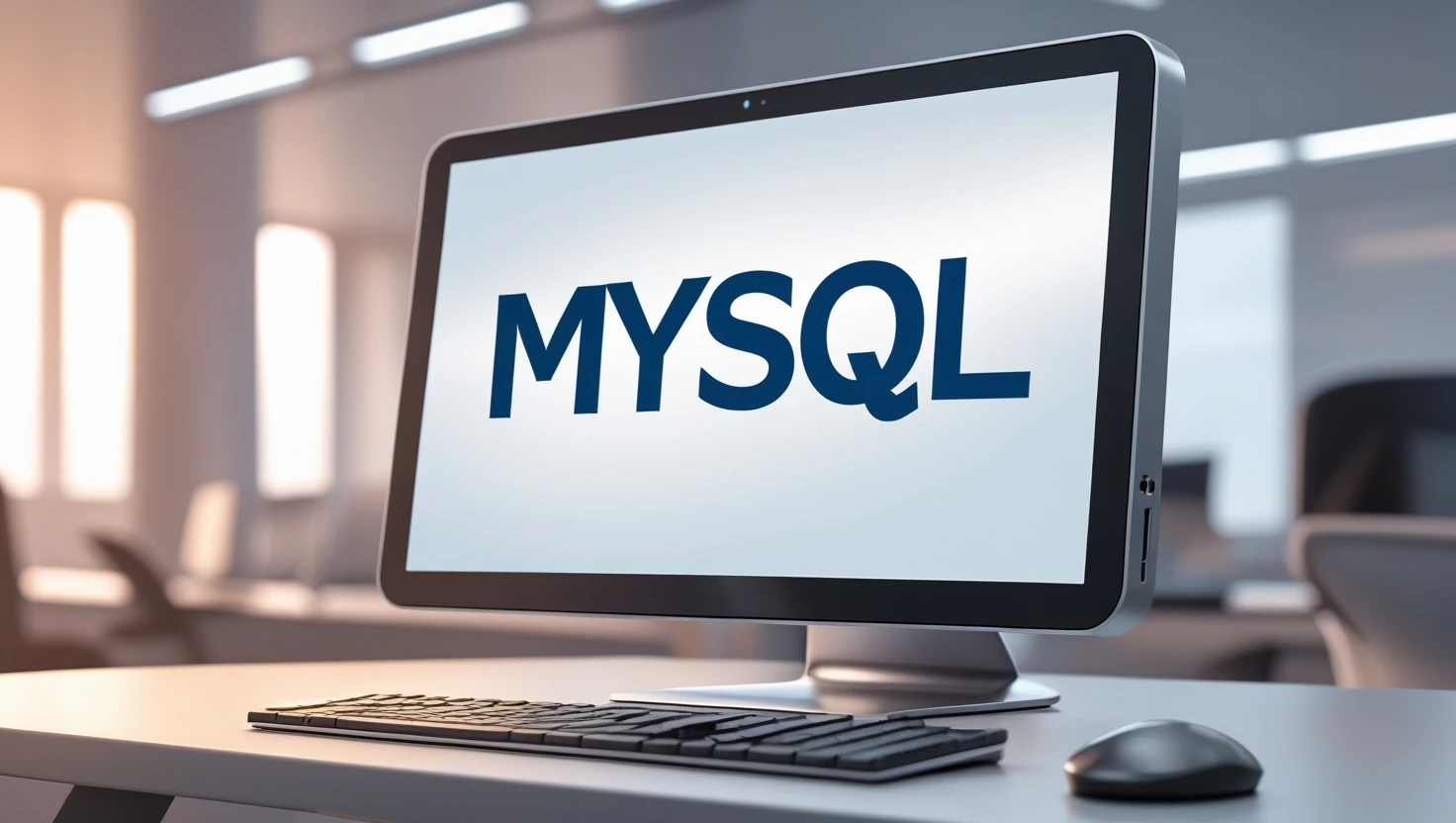Top Government Exams to Prepare in India — Best Exams, Tips & Roadmaps
Preparing for government exams in India is one of the most reliable routes to a secure job, decent pay, and meaningful public service. This guide helps you choose the right exam by explaining the top national and state-level tests, who they suit, what each selection process looks like, and how to start preparing practically. Whether you are finishing school, completing a degree, or balancing a job, the aim here is to simplify complex choices so you can match your strengths and timeline to a suitable career path.
We explain flagship exams such as the Union Public Service Commission Civil Services Examination for administrative roles like IAS and IPS; Staff Selection Commission exams including CGL and CHSL for clerical and officer-level positions; banking tests such as SBI PO and IBPS PO that offer stable careers in public sector banks; and Railway Recruitment Board exams that cover a wide range of technical and non-technical railway jobs. State Public Service Commission exams for state administration are also covered, along with defence and technical gateways such as NDA, CDS, AFCAT, and GATE, and education-focused exams like UGC NET and CTET.
For each exam, we outline basic eligibility, exam structure, study focus areas, and practical tips such as building a weekly schedule, using mock tests, and selecting trusted resources. Short examples show how a science student, a commerce graduate, or a working professional can plan realistic one-year or two-year preparation roadmaps. The guide emphasizes simple action steps: pick one target, create milestones, track progress, and revise consistently. With steady practice, smart choices, and clear milestones, success in government exams becomes achievable. Use this guide as your first step: pick a path, start small, and build momentum toward a secure government career. Read on—your focused preparation journey begins here, and support is within reach. Start today.
Introduction
Government jobs remain attractive in India for their stability, benefits, pension schemes, and social respect. Preparing for government exams can be a life-changing decision, but with so many options it’s easy to feel overwhelmed. This guide highlights the top government exams across sectors, explains who each exam suits, outlines the selection stages, and gives practical preparation tips you can apply right away.
How to choose the right exam
Before picking an exam, consider:
Your qualifications: Are you a 10+2 candidate, graduate, or post-graduate? Some exams require only a 12th pass; others need a degree.
Career goals: Do you want administration, banking, teaching, technical work, or defence service?
Time horizon: Some exams demand one to two years of focused study; others are shorter-term.
Work-life balance: If you are working, choose an exam that allows flexible study hours.
Location and mobility: Some jobs require posting across the country; others are local to a state or city.
Match the exam’s eligibility and role to your priorities before committing.
Top Government Exams (Overview)
Below are the most valuable, high-opportunity exams across sectors. Each section explains who should consider it, the typical selection stages, preparation focus areas, and quick tips.
1. UPSC Civil Services Examination (CSE)
Who it suits: Graduates aiming for top administrative roles (IAS, IPS, IFS) and policy-making careers.
Selection stages: Preliminary objective test, Mains written exam (essay and papers), Personality Test (interview).
Focus areas: Current affairs, history, polity, economy, geography, optional subject. Strong writing skills are essential.
Quick tips: Create a daily reading habit for newspapers and monthly magazines, write essays regularly, and revise static subjects in structured cycles.
2. Staff Selection Commission (SSC) — CGL & CHSL
Who it suits: Graduates (CGL) and 12th-pass candidates (CHSL) aiming for clerical, inspector, or junior officer posts across ministries.
Selection stages: Tiered exams with objective tests; some posts include descriptive papers or skill tests.
Focus areas: Quantitative aptitude, reasoning, English comprehension, general awareness.
Quick tips: Master basics and speed through daily practice, use previous year papers and timed mock tests.
3. Banking Exams — SBI PO, IBPS PO, and Specialist Roles
Who it suits: Graduates targeting bank officer roles or specialised positions (IT, manager).
Selection stages: Preliminary online tests, main exams, interviews, and sometimes group exercises.
Focus areas: Numerical ability, logical reasoning, English, and banking awareness for mains.
Quick tips: Develop strong shortcut techniques for arithmetic, practice sectional mocks, and study recent banking news and RBI policy highlights.
4. Railway Recruitment Board (RRB) Exams
Who it suits: Candidates with 10th, 12th, or graduate qualifications seeking technical and non-technical railway jobs.
Selection stages: Computer-based tests, aptitude tests for technical roles, document verification, and medical.
Focus areas: Arithmetic, reasoning, general awareness, and domain-specific technical knowledge for engineers/technicians.
Quick tips: Time management is crucial—practice full-length tests and focus on accuracy in numerical sections.
5. State Public Service Commissions (State PSCs)
Who it suits: Aspirants wanting administrative positions in a particular state.
Selection stages: Usually prelims, mains, and interview—pattern mirrors UPSC but is state-specific.
Focus areas: State history, polity, current affairs, local economy, and language papers in some states.
Quick tips: Study state-specific topics thoroughly and practice answer writing for mains.
6. GATE (Graduate Aptitude Test in Engineering)
Who it suits: Engineering graduates aiming for PSU jobs, higher studies (M.Tech) or technical roles in research and development.
Selection stages: Single-stage objective exam; PSU recruitment often uses GATE scores followed by interviews.
Focus areas: Core engineering subjects, aptitude, and problem-solving.
Quick tips: Focus on core subjects from your discipline, solve previous years’ papers, and strengthen numerical problem-solving speed.
7. UGC NET / CSIR NET
Who it suits: Postgraduates seeking lectureship, Assistant Professor roles or Junior Research Fellowship (JRF) in universities and colleges.
Selection stages: Computer-based test with subject-specific papers; qualifying scores determine eligibility.
Focus areas: Subject knowledge, research aptitude, and teaching methodology for some subjects.
Quick tips: Prioritise syllabus topics, practise subject-based MCQs, and review research methodologies if aiming for JRF.
8. CTET / State TET (Teacher Eligibility Tests)
Who it suits: Candidates who want to become government school teachers for primary and upper primary levels.
Selection stages: Objective test covering Child Development, pedagogy, language, and subject knowledge.
Focus areas: Child psychology, teaching methods, and subject-specific content.
Quick tips: Focus on pedagogy concepts, prepare lesson-plan style answers, and practice teaching-related MCQs.
9. Defence Exams — NDA, CDS, AFCAT, and Service-Specific Tests
Who it suits: School-leavers (NDA), graduates (CDS), and professionals seeking commissioned positions in armed forces or air force careers.
Selection stages: Written exams, interviews, physical and medical tests, and service selection boards.
Focus areas: Mathematics and general ability for NDA; general knowledge, English, and service-specific sections for CDS and AFCAT.
Quick tips: Combine physical training with academic preparation; solve past papers and prepare for SSB interview patterns.
10. Specialised & Public Sector Unit (PSU) Recruitment
Who it suits: Engineers, scientists, and experienced professionals targeting public sector companies (ONGC, BHEL, NTPC, etc.).
Selection stages: GATE scores, company-specific tests, interviews, and sometimes experience-based shortlisting.
Focus areas: Domain knowledge, professional skills, and technical interviews.
Quick tips: Use GATE or company exam previous papers, and prepare a crisp CV highlighting internships and project experience.
Preparation Strategy: A Practical Roadmap
Choose one target exam: Avoid the trap of preparing for multiple dissimilar exams at once.
Create a 6–12 month plan: Break the syllabus into weekly goals and weekly revisions.
Daily routine: 3–6 hours study for working candidates; 6–10 hours for full-time aspirants. Mix reading, practice, and revision.
Mock tests & analysis: Take full-length mock tests weekly. Analyze mistakes and track time per section.
Notes & revision: Make short, subject-wise notes and a one-page revision sheet for quick last-minute review.
Previous year papers: They show question patterns and repeating topics—practise them religiously.
Health & consistency: Adequate sleep, short exercise, and stress management improve retention and performance.
Deep-Dive: How to Allocate Time for Different Subjects
Allocating time correctly across subjects is crucial. A balanced schedule reduces burnout and ensures no subject is ignored.
Core-exam subjects (50% of time): Spend half your weekly study hours on subjects that form the majority of the syllabus—for example, Polity and Modern History for UPSC, Quantitative Aptitude for SSC and bank exams, or core engineering subjects for GATE.
Current affairs & general knowledge (20% of time): Daily short sessions (30–60 minutes) to read newspapers, make notes, and revise important issues. Monthly consolidation helps retention.
Practice & problem-solving (20% of time): Dedicated slots for mock tests, previous year questions, and sectional practice with timed conditions.
Revision & weak-area focus (10% of time): Weekly revision of summaries and focused time for weaker topics.
Choosing Optional Subjects (UPSC and others)
For exams that allow optional subjects (UPSC Mains, some State PSCs), choose an optional with these criteria:
Background familiarity: Prefer a subject you studied at graduation or have strong interest in.
Scoring potential: Some subjects have predictably higher average scores—combine interest with scoring history.
Availability of resources: Good coaching material and past papers make a subject easier to master.
Overlap with General Studies: If the optional complements GS subjects, revision efficiency improves.
Exam Application and Exam-Day Checklist
A smooth application and exam-day experience reduces anxiety and prevents avoidable mistakes.
Before applying: Read the official notification, eligibility, document list, and fee details. Keep scanned copies ready if needed.
Admit card and travel: Download admit cards early. Plan travel and accommodation a day before if the center is far.
Exam day essentials: Admit card, original ID, passport-size photos, transparent pen pouch, blue/black pens, and a bottle of water. Confirm reporting time and allowed items.
During the exam: Read all instructions carefully, allocate time per section, attempt easier questions first, and mark difficult ones for review. Keep calm and follow a breathing technique if panic starts.
How to Study While Working Full-Time
Working professionals can still crack top exams with a systematic approach.
Morning routine: Wake an hour earlier for focused reading or revisions if possible.
Micro-sessions: Use commute time for audio lessons, current affairs podcasts, or flashcards.
Weekends: Reserve 4–6 hours each weekend for full-length practice tests and deep study.
Accountability: Join a small peer group or hire a mentor for regular checks and guidance.
Mental Strategies and Stress Management
Exam preparation is a marathon. Mental resilience is key.
Set small wins: Break goals into weekly achievements and reward small milestones.
Avoid comparison traps: Everyone's pace differs; focus on personal progress.
Physical fitness: Short daily exercise and good sleep support memory and concentration.
Professional help: If anxiety becomes chronic, consult a counselor or use stress-management apps.
Realistic Timeline Examples (6 to 24 months)
6 months (Bank PO/SSC target): Month 1–3: basics and concept building; Month 4–5: sectional tests and speed; Month 6: full mocks and revision.
12 months (RRB, State PSC, or GATE): First half for syllabus coverage and core practice; second half for problem practice, mocks, and revisions.
18–24 months (UPSC serious preparation): Year 1 for comprehensive reading and optional subject basics; Year 2 for Mains answer writing, mocks, interview prep, and refining current affairs notes.
Resources & Tools
Standard textbooks for foundational topics (NCERTs for basics).
Online test series and mock platforms for simulated practice.
Monthly current affairs magazines and daily newspapers for UPSC and state PSCs.
Coaching notes, video lectures, and peer study groups when needed.
Common Mistakes to Avoid
Spreading thin across too many exams simultaneously.
Ignoring time-bound practice and mock analysis.
Relying solely on coaching without self-study.
Neglecting health and revision cycles.
Example Roadmaps
Science college student (target: GATE / PSU): 8–10 months plan; focus months 1–4 on core subjects, months 5–7 on problem practice and previous papers, month 8 on mocks and interview prep.
Graduate aiming UPSC: 18–24 months plan; year 1 for basics and optional subject, year 2 for mains practice, essay writing and mock interviews.
Working professional (target: Bank PO or SSC): 6–9 months plan with 2–3 hours daily study; weekend long sessions, sectional mocks, and revision.
Frequently Asked Questions (FAQs)
Q: Can I prepare for UPSC while doing a job?
A: Yes. Time management, efficient reading, and gradual learning help working candidates. Many aspirants do this successfully.
Q: Should I join coaching?
A: Coaching helps structure preparation and provides test material, but self-study and discipline are equally important. For some exams, quality online coaching or test series may suffice.
Q: How important are mock tests?
A: Extremely important. Mocks simulate exam conditions, improve speed, and highlight weak areas.
Final Checklist: Five Things to Start This Week
Pick one target exam and download its official syllabus.
Make a weekly study schedule with daily and weekly goals.
Start a current-affairs notebook and read one newspaper daily.
Solve three previous year questions every day from one challenging section.
Join a mock-test series or schedule weekly self-tests.
Conclusion
Choosing the right government exam depends on your qualification, career goals, time availability, and willingness to prepare consistently. Narrow your focus to one or two compatible exams, follow a realistic study plan, practise regularly, and revise smartly. Government exam success is less about talent and more about consistent effort, strategic planning, and smart practice. Pick your target today, create a month-by-month plan, and start small steps that build into steady progress. Good luck!












